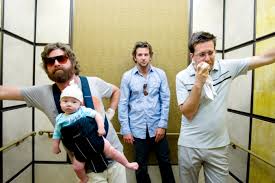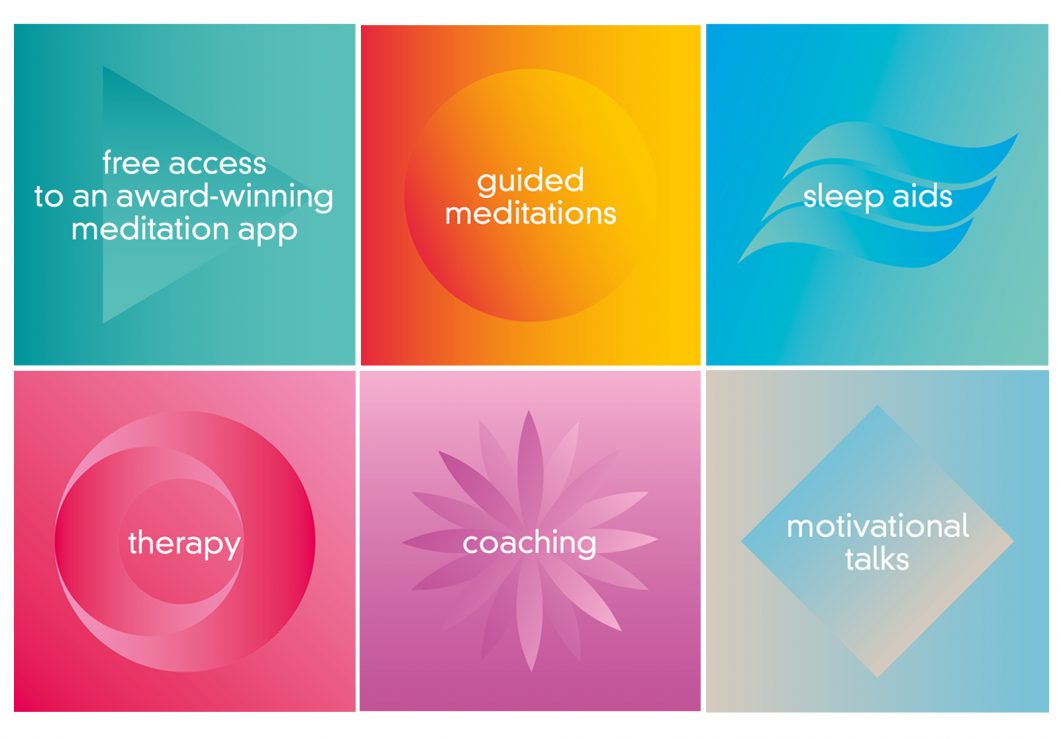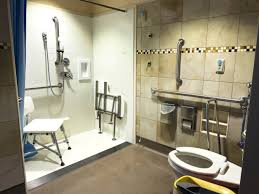Many of us have been there: a night of fun turns into a morning of regret—complete with a pounding headache, nausea, and fatigue. While there are countless so-called hangover “cures” ranging from greasy breakfasts to the infamous “hair-of-the-dog,” a recent study suggests that regular exercise might be the key to alleviating these dreaded mornings.
The study, published in the journal Addictive Behaviours, examined the relationship between physical activity and hangover severity. Researchers surveyed 1,676 undergraduate students who had experienced at least one hangover in the past three months. All participants engaged in at least 30 minutes of moderate physical activity per week. They completed online questionnaires detailing their alcohol consumption habits, exercise routines, and the frequency and severity of their hangover symptoms.
The Link Between Exercise and Hangovers
The findings revealed a significant association between regular physical activity and reduced hangover symptoms. As expected, individuals who drank more alcohol experienced hangovers more frequently and with greater severity. However, those who engaged in higher levels of vigorous exercise, such as running, reported less severe hangover symptoms, suggesting that regular physical activity could mitigate the worst effects of alcohol consumption.
Although the study found a correlation rather than a direct cause-and-effect relationship, researchers believe several mechanisms could explain why exercise might help alleviate hangovers.
How Exercise Might Ease Hangover Symptoms
- Modulating Pain Response
Hangovers often involve physical pain, including headaches and muscle aches, largely due to dehydration and inflammation caused by alcohol. When dehydrated, the body’s blood vessels and fluid levels around the brain are affected, which can trigger headaches. Additionally, alcohol promotes the release of immune molecules called cytokines, which exacerbate muscle pain.Exercise, however, stimulates the release of endorphins—natural pain-relieving hormones. Over time, regular exercise can elevate baseline endorphin levels, potentially leading to a lower perception of pain during a hangover.
- Improving Sleep Quality
Hangovers are notorious for disrupting sleep. Alcohol impairs REM sleep, the deep sleep phase essential for brain recovery. It also leads to frequent awakenings during the night, as it dehydrates the body, causing more trips to the bathroom.Regular physical activity is linked to better sleep patterns, as it helps regulate the circadian rhythm and improves sleep duration and quality. Exercisers may find that they get better rest after drinking, leading to quicker recovery from hangovers.
- Boosting Metabolism
Regular exercise contributes to better metabolic health, which can help the body process alcohol more efficiently. While the liver primarily breaks down alcohol, a well-functioning metabolism can clear alcohol and its toxic byproducts, such as acetaldehyde, from the system more effectively. Improved circulation from exercise may also aid in flushing out these harmful substances, reducing hangover severity. - Reducing Inflammation
Alcohol triggers an inflammatory response in the body, which can intensify hangover symptoms such as headaches, fatigue, and muscle pain. The release of cytokines exacerbates this inflammation, worsening the discomfort of a hangover.Exercise, however, is known to have anti-inflammatory effects, promoting the production of anti-inflammatory cytokines. Regular exercisers may experience less inflammation-related discomfort after drinking, making their hangovers more manageable.
Not a Cure, But a Buffer
While exercise may help reduce hangover symptoms, it is not a cure. The most effective way to avoid a hangover is still to drink in moderation or abstain altogether. However, for those who do choose to indulge, maintaining a consistent exercise routine might help make the aftereffects of drinking more bearable.
It’s important to note that the study focused on undergraduate students, whose drinking and exercise habits may differ from those of older adults. Future research will need to assess whether the benefits of exercise extend across different age groups.
Additionally, while regular exercise may help mitigate hangovers, exercising during a hangover might not be wise. A hangover already puts stress on the body, and exercising while dehydrated could make symptoms worse. Gentle activities like walking or yoga are better options during a hangover, as they may help improve mood without further taxing the body.
Conclusion
While this study doesn’t give an excuse to overindulge, it highlights the ways regular physical activity can help the body handle the aftermath of alcohol consumption. For those looking to make hangovers a little less dreadful, exercise may be the key to a smoother recovery.











